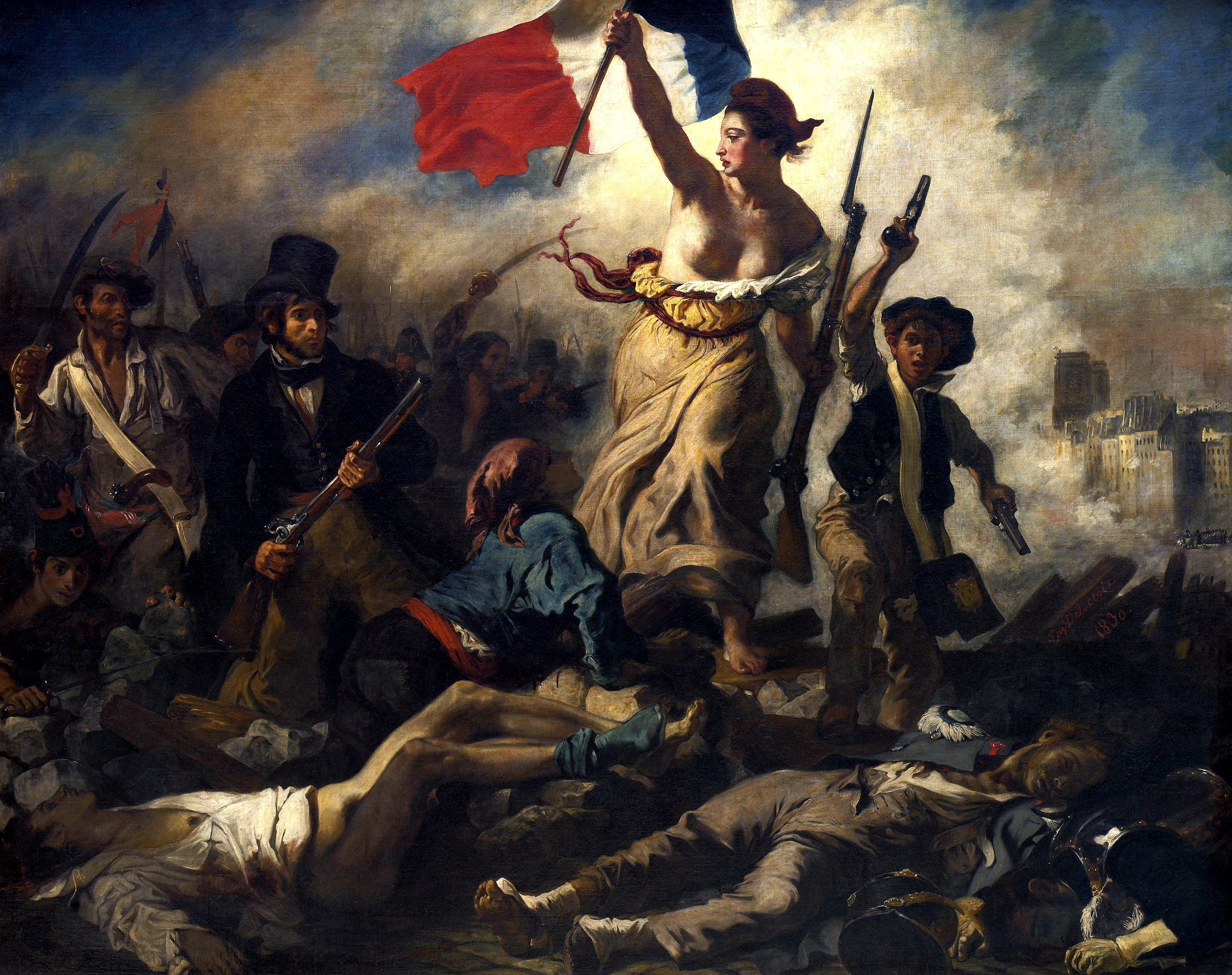Everything is going exactly according to plan in Mali. In have swept the French, and out have swept the Islamist rebels. Of course, that means things are going exactly according to a classic guerrilla warfare plan, where a weaker force withdraws from territory it knows it could never hold only to return later with hit and run attacks designed to wear down both support from the local population and the morale of the conventional forces, but let's not split hairs. The rebels have retreated, ordinary Malians are delighted, if some are now taking revenge on the Tuaregs, and only a few irreplaceable antiquities have been destroyed in the process.
It's therefore perfectly understandable that the government wants to send 330 troops to the region, principally to train Ecowas soldiers in how to keep the peace and how not to act like the UN forces in the Congo, for instance. Considering the claims being brought by 200 Iraqis today at the High Court that might seem a bit rum, but let's not be cynical about this. After all, that we've gone in the space of a couple of weeks from saying there would be no boots on the ground to planting them firmly in north Africa doesn't mean we should be worried about small things like mission creep. It's not as though this is how many other counter-insurgency campaigns have begun in the past.
To drop the annoying sarcastic tone, there's a clear disparity here between Cameron's rhetoric of a decades long campaign against extremism in the region and our sending only of training forces. It would certainly be lovely if we could just train the Ecowas forces and then leave, but all these things take time. The French intervened as they felt the rebels would have overrun the country if left to their own devices until September, the planned schedule for the Ecowas' deployment, and only now have some of those forces began to arrive in the country. Supposedly those sent out to train the soldiers won't be combat troops, yet if a full-blown insurgency does break out, as the Islamists are reported to have fled to the mountainous region in the north east, isn't there always the possibility they'll be forced into helping out, especially as the French want to quickly draw down their own combat forces?
Certainly, we don't seem to be offering much else other than a small amount of funding. We can't apparently spare any drones, as they're all still needed in Afghanistan, despite the continued stories of how wonderfully things are going there now and how we're meant to be out in any case by the end of the next, and so yet again it seems as though it'll be down to the Americans to take out any targets from the comfort of bases back home. Already there's news of a deal through which a drone base will be set-up in Niger, and one has to presume it will involve the same fundamental lack of accountability that has defined the drone wars so far. There is also as yet no discussion of anything approaching a political solution, of an attempt to at last deal with the Tuareg grievances that have fuelled their repeated rebellions, this time with international consequences.
All this said, Mali could yet turn out to be relative success story, at least by the standards of past interventions. The rebels are relatively weak, and have split further since the French mission began; the territory still held by the rebels is if anything even less hospitable than that in Afghanistan; and they also don't have support from state actors, as the Taliban have allegedly long enjoyed. With help, AFISMA could quickly be up to speed and ensuring that the Islamists are kept on the run.
The problem is that all these things are very big ifs, and we could equally quickly found ourselves drawn into another seemingly unending conflict against a foe that is highly mobile and determined. The coalition should be deciding which approach it's going to take: either that suggested by Cameron's first response after the In Amenas attack, or the one suggested by Philip Hammond in the Commons today, of a relaxed role in which we contribute but don't do much else regardless of what happens. It's obvious which one would make the most sense, but then as the past decade has shown, sense has very rarely entered into our response to the post 9/11 world.Labels: Africa, al-Qaida, Algeria, David Cameron, foreign policy, France, In Amenas, Islamists, liberal interventionism, Mali, politics
